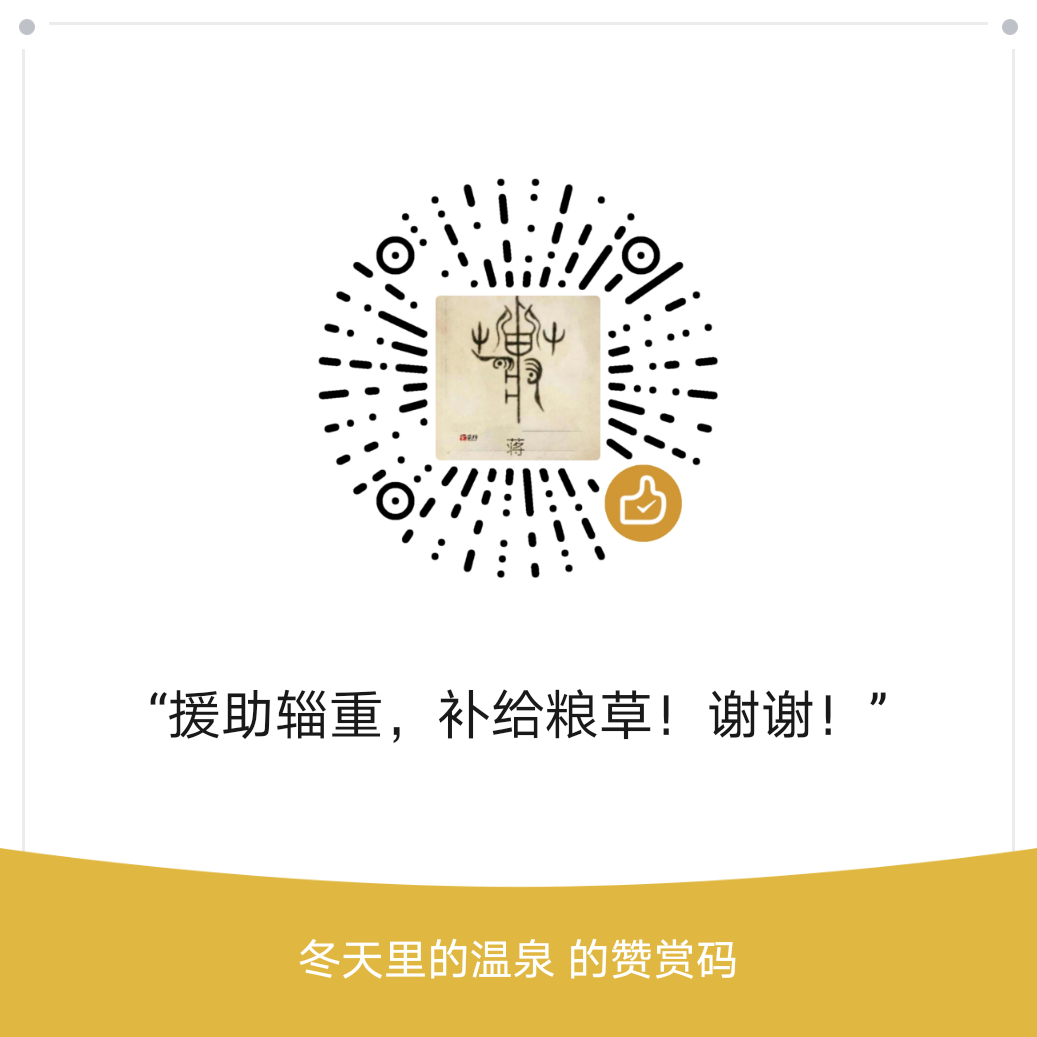孙子兵法英文版·謀攻篇·第三·Chapter 3 Attack By Stratagem
作者:孙武·Sun Tzu
出自————《中国古代历代兵书》
《孫子兵法》謀攻篇第三
孫子曰:凡用兵之法,全國為上,破國次之﹔全軍為上,破軍次之﹔全旅為上,破旅次之﹔全卒為上,破卒次之﹔全伍為上,破伍次之。是故百戰百勝,非善之善也﹔不戰而屈人之兵,善之善者也。
故上兵伐謀,其次伐交,其次伐兵,其下攻城。攻城之法為不得已。修櫓轒轀、具器械、三月而後成,距闉,又三月而後已。將不勝其忿,而蟻附之,殺士三分之一,而城不拔者,此攻之災也。故善用兵者,屈人之兵而非戰也。拔人之城而非攻也,破人之國而非久也,必以全爭于天下,故兵不頓,而利可全,此謀攻之法也。
故用兵之法,十則圍之,五則攻之,倍則分之,敵則能戰之,少則能逃之,不若則能避之。故小敵之堅,大敵之擒也。
夫將者,國之輔也。輔周則國必強,輔隙則國必弱。
故君之所以患于軍者三:不知軍之不可以進而謂之進,不知軍之不可以退而謂之退,是為縻軍﹔不知三軍之事,而同三軍之政者,則軍士惑矣﹔不知三軍之權,而同三軍之任,則軍士疑矣。三軍既惑且疑,則諸侯之難至矣,是謂亂軍引勝。
故知勝有五:知可以戰與不可以戰者勝,識眾寡之用者勝,上下同欲者勝,以虞待不虞者勝,將能而君不御者勝。此五者,知勝之道也。
故曰:知己知彼,百戰不貽﹔不知彼而知己,一勝一負﹔不知彼不知己,每戰必貽。
III. ATTACK BY STRATAGEM
1. Sun Tzu said: In the practical art of war, the best thing of all is to take the enemy’s country whole and intact; to shatter and destroy it is not so good. So, too, it is better to recapture an army entire than to destroy it, to capture a regiment, a detachment or a pany entire than to destroy them.
2. Hence to fight and conquer in all your battles is not supreme excellence; supreme excellence consists in breaking the enemy’s resistance without fighting.
3. Thus the highest form of generalship is to balk the enemy’s plans; the next best is to prevent the junction of the enemy’s forces; the next in order is to attack the enemy’s army in the field; and the worst policy of all is to besiege walled cities.
4. The rule is, not to besiege walled cities if it can possibly be avoided. The preparation of mantlets, movable shelters, and various implements of war, will take up three whole months; and the piling up of mounds over against the walls will take three months more.
5. The general, unable to control his irritation, will launch his men to the assault like swarming ants, with the result that one-third of his men are slain, while the town still remains untaken. Such are the disastrous effects of a siege.
6. Therefore the skillful leader subdues the enemy’s troops without any fighting; he captures their cities without laying siege to them; he overthrows their kingdom without lengthy operations in the field.
7. With his forces intact he will dispute the mastery of the Empire, and thus, without losing a man, his triumph will be plete. This is the method of attacking by stratagem.
8. It is the rule in war, if our forces are ten to the enemy’s one, to surround him; if five to one, to attack him; if twice as numerous, to divide our army into two.
9. If equally matched, we can offer battle; if slightly inferior in numbers, we can avoid the enemy; if quite unequal in every way, we can flee from him.
10. Hence, though an obstinate fight may be made by a small force, in the end it must be captured by the larger force.
11. Now the general is the bulwark of the State; if the bulwark is plete at all points; the State will be strong; if the bulwark is defective, the State will be weak.
12. There are three ways in which a ruler can bring misfortune upon his army:
13. (1) By manding the army to advance or to retreat, being ignorant of the fact that it cannot obey. This is called hobbling the army.
14. (2) By attempting to govern an army in the same way as he administers a kingdom, being ignorant of the conditions which obtain in an army. This causes restlessness in the soldier’s minds.
15. (3) By employing the officers of his army without discrimination, through ignorance of the military principle of adaptation to circumstances. This shakes the confidence of the soldiers.
16. But when the army is restless and distrustful, trouble is sure to e from the other feudal princes. This is simply bringing anarchy into the army, and flinging victory away.
17. Thus we may know that there are five essentials for victory: (1) He will win who knows when to fight and when not to fight. (2) He will win who knows how to handle both superior and inferior forces. (3) He will win whose army is animated by the same spirit throughout all its ranks. (4) He will win who, prepared himself, waits to take the enemy unprepared. (5) He will win who has military capacity and is not interfered with by the sovereign.
18. Hence the saying: If you know the enemy and know yourself, you need not fear the result of a hundred battles. If you know yourself but not the enemy, for every victory gained you will also suffer a defeat. If you know neither the enemy nor yourself, you will succumb in every battle.
